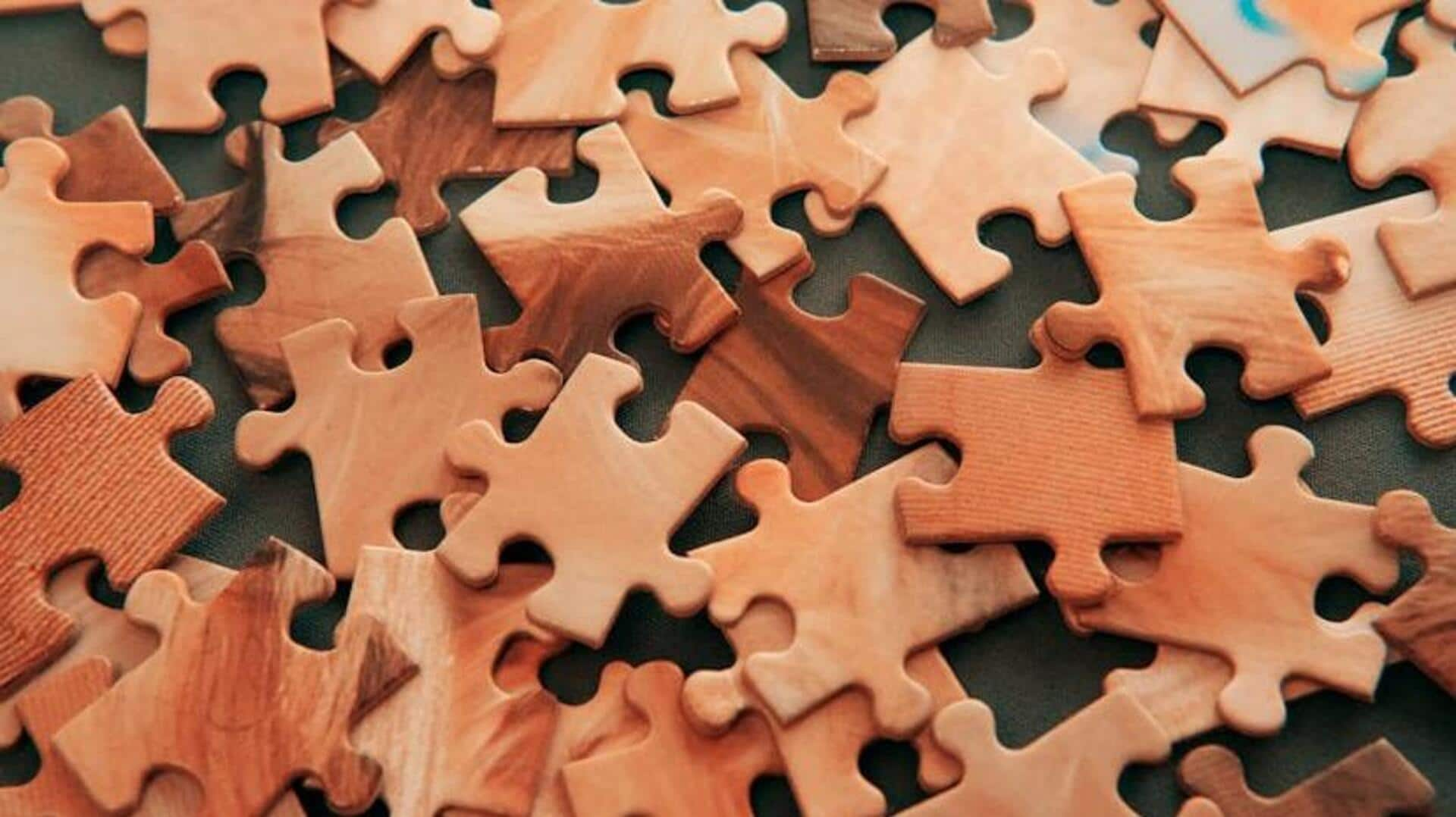
Building cooperation with team puzzle challenges for kids
What's the story
Introducing team puzzle challenges to kids is a great way to teach cooperation and teamwork skills from a young age. These activities stimulate their minds, engage them in problem-solving, and most importantly, teach them the value of working together toward a common goal. This article delves into the various strategies to implement team puzzle challenges effectively, making sure kids learn crucial life skills while having fun.
Choosing right
Select age-appropriate puzzles
The secret to getting kids excited about team puzzle challenges is picking the right puzzle for their age. For little ones, big pieces with bright pictures are super fun. Bigger kids might like trickier puzzles that make them think like detectives. If the puzzle is too hard, it's no fun - but if it's just right, they'll be all in!
Team Spirit
Create a collaborative environment
Fostering an environment where each child feels valued and heard is key in team-based activities. Encourage children to share ideas and strategies openly without fear of judgment. This can be done by establishing clear rules about respect and listening when others are speaking. Not only does this environment promote cooperation, but it also builds confidence in each participant.
Strategy planning
Set clear goals and roles
Before diving into the puzzle challenge, make sure to establish clear objectives and delegate tasks according to each child's strengths. Some may be great at hunting for edge pieces, while others might have a knack for spotting color patterns or shapes. Assigning specific roles not only helps children comprehend their part in accomplishing the shared goal but also instills a sense of responsibility and teamwork.
Critical thinking
Encourage problem-solving skills
Team puzzle challenges are great for teaching kids problem-solving skills. Nudge them to think critically about different strategies for the puzzle, and have a discussion as a team before choosing a plan of action. This won't just help them solve the puzzle quicker, it'll also give them practice in critical thinking, decision-making, and working as a team.
Recognition
Celebrate team achievements
Recognizing team efforts and achievements is key to fostering cooperation among children. Applaud their success! Whether they've finished a puzzle or conquered a tough section, celebrate it. Even if the accomplishment seems small, recognition encourages kids to keep up the good work. This positive reinforcement helps build a strong foundation for teamwork, fostering a sense of pride and ownership in their shared achievements.